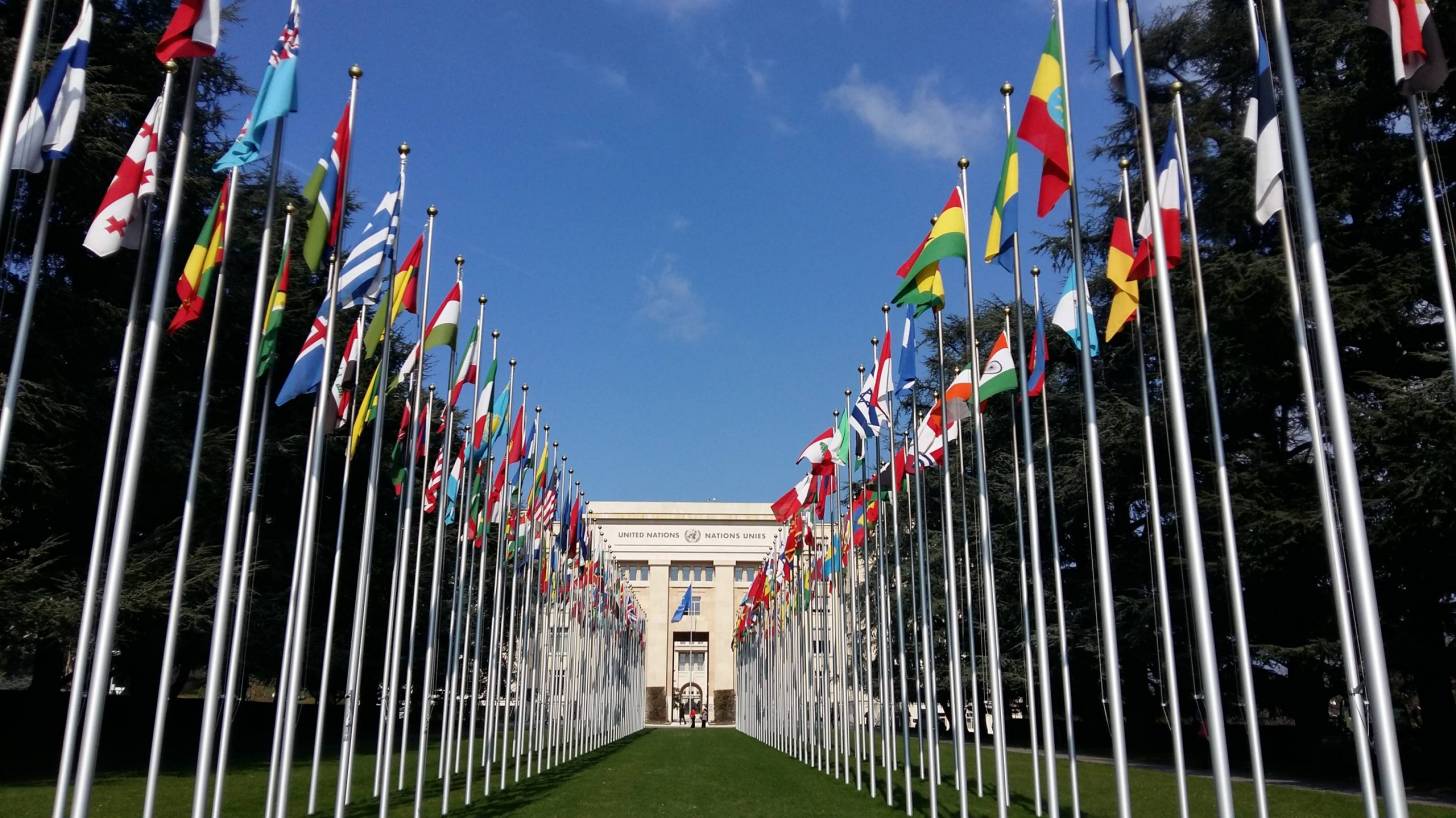The WHO Seeks Greater Transparency of Pharma Products

The affordability of medicines and vaccines has long been a concern for developing countries, but today it is also a global one.
The World Health Assembly adopted a resolution on May 28, 2019, regarding ways to improve the transparency of markets for medicines, vaccines, and other health products in an effort to expand consumer access around the world.
This new resolution urges the World Health Organization (WHO) Member States to enhance the public sharing of information on actual prices paid by governments and other buyers for health products.
Additionally, this resolution outlines the need for greater transparency on pharmaceutical patents, clinical trial results and other determinants of pricing along the value chain from laboratory to patients.
Furthermore, it requests the WHO Secretariat to support efforts towards transparency and monitor the impact of transparency on affordability and availability of health products, including the effect of differential pricing.
The aim is to help WHO Member States to make more informed decisions when purchasing health products and ultimately expand access to health products for the populations.
Member States also expressed wide support for the WHO Access Roadmap for Medicines, Vaccines, and other health products, which will determine WHO’s work on this issue for the next 5 years.
“Medical innovation has little social value if most people cannot access its benefits,” said Dr. Mariângela Simão, WHO Assistant Director-General for Medicines and Health Products, in an April 2019 statement.
Additionally, the Health Assembly requested the Director-General to provide information on current pathogen-sharing practices and arrangements, the implementation of access and benefit-sharing measures, as well as the potential public health outcomes and other implications.
This request followed a review of the WHO's Secretariat’s report on the public health implications of implementation of the Nagoya Protocol.
The Nagoya Protocol on Access to Genetic Resources and the Fair and Equitable Sharing of Benefits Arising from their Utilization to the Convention on Biological Diversity provides a transparent legal framework for the fair and equitable sharing of benefits arising out of the utilization of genetic resources.
The Nagoya Protocol was adopted in October 2010 in Nagoya, Japan and entered into force in 2014.
The WHO concluded saying ‘it will launch a public online consultation in the coming weeks to collect views and suggestions for a definition of what actually constitutes a ‘fair price’ from relevant stakeholders.’
Our Trust Standards: Medical Advisory Committee

